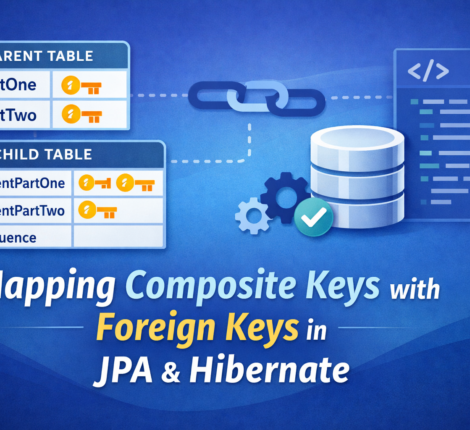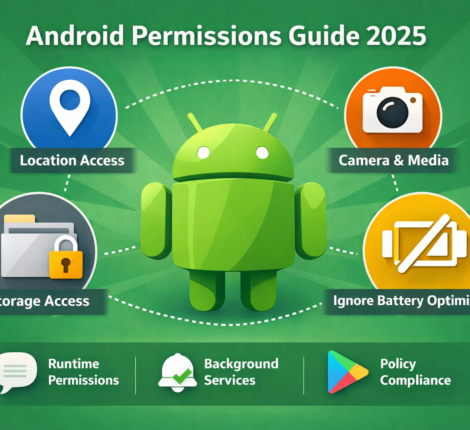Deploying Spring applications on an external Tomcat server can sometimes lead to classloading conflicts, especially when libraries used by the application clash with those already present in the Tomcat environment. A common example is the exception:
class com.google.api.client.http.javanet.NetHttpTransport cannot inherit from final class com.google.api.client.http.HttpTransport
This error typically arises due to conflicting versions of the google-http-client library. While running the application as a standalone JAR (using Spring Boot’s embedded Tomcat) works fine, the problem surfaces in the external Tomcat deployment due to differences in classloading mechanisms.
Here’s a step-by-step guide to resolving such issues:
1. Understand the Root Cause
The exception occurs because:
- Tomcat uses a shared classloader to load libraries placed in its lib folder.
- If a library like google-http-client exists in both the Tomcat lib folder and the application’s WEB-INF/lib directory, Tomcat’s classloader loads its version first.
- If the versions differ significantly, it can cause class incompatibilities.
2. Verify Your Application’s Dependencies
Start by checking the version of google-http-client used in your application. Open your pom.xml (for Maven) or build.gradle (for Gradle) and verify the dependency:
For Maven: <dependency> <groupId>com.google.http-client</groupId> <artifactId>google-http-client</artifactId> <version>1.41.6</version> </dependency>
For Gradle:
dependencies {
implementation 'com.google.http-client:google-http-client:1.41.6'
}
Ensure that all related dependencies are compatible with this version.
3. Check Tomcat’s lib Folder
Navigate to your Tomcat installation directory and look for the google-http-client or related libraries in the lib folder:
cd /lib
ls | grep google-http-client
If these libraries are present:
- Remove them from the lib folder.
- Ensure your application’s WEB-INF/lib directory includes the correct version of these libraries.
4. Use Classloader Isolation
If you cannot modify the Tomcat lib folder (e.g., in a shared hosting environment), configure your application to use its own classloader instead of relying on Tomcat’s shared classloader. This can be achieved by adding a context.xml file:
- Create or edit the context.xml file in your application’s META-INF directory or WEB-INF folder.
- Add the following configuration:
<Context> <Loader delegate="false" /> </Context>
This setting ensures that your application’s WEB-INF/lib classes are loaded before those in Tomcat’s lib folder.
5. Check for Other Applications on the Same Tomcat Instance
If other applications on the same Tomcat server use different versions of google-http-client or related libraries, conflicts can arise. To resolve this:
- Identify all deployed applications.
- Ensure all applications use compatible versions of the conflicting libraries.
- If version alignment is not possible, isolate classloading for each application using the configuration as described above.
6. Clean and Rebuild Your Application
Stale or corrupted dependencies can sometimes cause issues. Clean and rebuild your project to ensure all dependencies are correctly resolved:
For Maven:
mvn clean install
For Gradle:
gradle clean build
Redeploy the freshly built WAR file to Tomcat.
7. Debug Classloading Issues
To identify where the conflicting class is being loaded from, enable classloading debugging in Tomcat. Add the following JVM options to your Tomcat startup script (catalina.sh or catalina.bat):
-Djava.util.logging.config.file=conf/logging.properties -Djavax.servlet.debug=true
Examine the logs to determine which version of the google-http-client library is being loaded and from where.
Conclusion
Classloading conflicts in Tomcat can be challenging, but by isolating your application’s dependencies and cleaning up conflicting libraries, you can resolve most issues. If possible, consider using Spring Boot’s embedded Tomcat to avoid classloader conflicts altogether.
By following the steps outlined in this article, you should be able to address the NetHttpTransport cannot inherit from final class HttpTransport error and similar issues, ensuring a smooth deployment experience.



